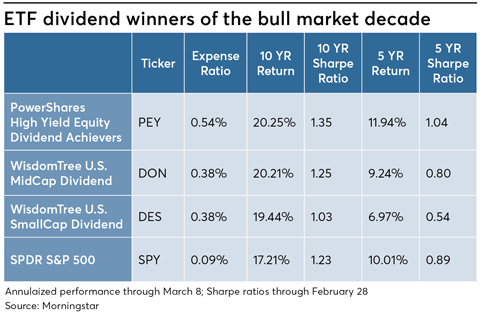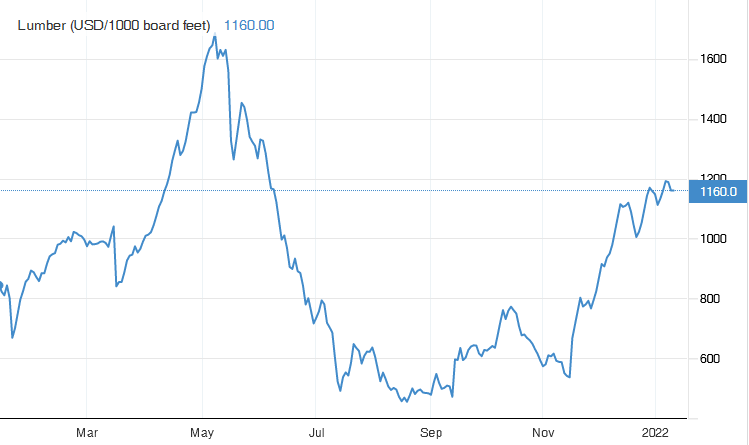
Low-interest rate environments are a great way to invest in bond funds of short duration. These funds are designed to lower volatility in bond prices and offer lower interest rates risk than money market funds. These funds invest on debt instruments with maturities of 6-12 months. They also provide a steady income stream. These types of investments are especially suitable for retired investors who are more cautious about taking on risk.
Many investors are now using duration as a way to measure the interest rate risk in their portfolios. While duration is an important term in fixed income investing. However, some fund managers believe that too much emphasis on the length of time can lead to investors feeling unsafe. You should also consider other factors. Many bond funds have short maturities. This means that they can lose significant value when interest rates rise. If interest rates rise by 2 points, a bond of 8 years would lose 16% of its value. However, if the same bond had a duration of one year, the interest rate risk would be far less.

Duration is a measure to your sensitivity for interest rate changes. Some fund mangers are trying to decrease this sensitivity by using derivatives, or buying bonds with shorter maturities. Some funds now have duration limits in their prospectuses. Others are changing the names of their funds to emphasize length.
Pimco, a US-based bond company, has added two low-deliverance funds to its offshore fund portfolio. One is the Pimco Low Duration Global Investment Grade Credit fund, which is run by Mark Kiesel. Mihir Worah manages the Pimco GIS International Low Duration Real Return fund. Both funds invest in a mix of corporate and government bonds. Since their inception, both funds have experienced roughly equal NAV performance. The gap has narrowed over the years.
The BLW Fund is a great option for investors concerned about rising interest rate risks. The fund's high distribution yield is a major draw for retirees. It has outperformed almost all bond indexes for the past year and outperformed the S&P 500 in the last five years. Due to its low credit quality, the fund's holdings can underperform in downturns.
BLW's shorter duration can be a significant differentiator because it reduces the sensitivity of interest rate changes. If rates rise by one percentage point, a bond that has a duration of eight year would experience a loss of 16 percent. A bond with a maturity of one year would lose just two percent. Its low maturity date and low credit quality can also help minimize interest rate exposure.

Many bond investors are now concerned about the impact rising rates will have on the long-term value of their bonds. The 10-year G-10-sec yield has increased substantially since the RBI reduced key policy rates in March. Although the yield is not yet zero, it is very close. Investors should monitor the markets for any signs of edginess.
FAQ
How do I invest my money in the stock markets?
Through brokers, you can purchase or sell securities. A broker can sell or buy securities for you. Trades of securities are subject to brokerage commissions.
Brokers often charge higher fees than banks. Banks often offer better rates because they don't make their money selling securities.
If you want to invest in stocks, you must open an account with a bank or broker.
If you use a broker, he will tell you how much it costs to buy or sell securities. This fee will be calculated based on the transaction size.
Ask your broker about:
-
the minimum amount that you must deposit to start trading
-
What additional fees might apply if your position is closed before expiration?
-
what happens if you lose more than $5,000 in one day
-
How long can positions be held without tax?
-
What you can borrow from your portfolio
-
How you can transfer funds from one account to another
-
What time it takes to settle transactions
-
the best way to buy or sell securities
-
How to Avoid Fraud
-
How to get help when you need it
-
Whether you can trade at any time
-
Whether you are required to report trades the government
-
Whether you are required to file reports with SEC
-
whether you must keep records of your transactions
-
How do you register with the SEC?
-
What is registration?
-
How does it affect me?
-
Who should be registered?
-
What are the requirements to register?
Are stocks a marketable security?
Stock is an investment vehicle where you can buy shares of companies to make money. This is done through a brokerage that sells stocks and bonds.
You could also invest directly in individual stocks or even mutual funds. There are over 50,000 mutual funds options.
These two approaches are different in that you make money differently. Direct investments are income earned from dividends paid to the company. Stock trading involves actually trading stocks and bonds in order for profits.
In both cases, ownership is purchased in a corporation or company. But, you can become a shareholder by purchasing a portion of a company. This allows you to receive dividends according to how much the company makes.
Stock trading is a way to make money. You can either short-sell (borrow) stock shares and hope the price drops below what you paid, or you could hold the shares and hope the value rises.
There are three types to stock trades: calls, puts, and exchange traded funds. Call and put options allow you to purchase or sell a stock at a fixed price within a time limit. Exchange-traded funds are similar to mutual funds except that instead of owning individual securities, ETFs track a basket of stocks.
Stock trading is very popular because investors can participate in the growth of a business without having to manage daily operations.
Stock trading is a complex business that requires planning and a lot of research. However, the rewards can be great if you do it right. You will need to know the basics of accounting, finance, and economics if you want to follow this career path.
How does inflation affect the stock market?
The stock market is affected by inflation because investors need to pay for goods and services with dollars that are worth less each year. As prices rise, stocks fall. You should buy shares whenever they are cheap.
Statistics
- Our focus on Main Street investors reflects the fact that American households own $38 trillion worth of equities, more than 59 percent of the U.S. equity market either directly or indirectly through mutual funds, retirement accounts, and other investments. (sec.gov)
- For instance, an individual or entity that owns 100,000 shares of a company with one million outstanding shares would have a 10% ownership stake. (investopedia.com)
- US resident who opens a new IBKR Pro individual or joint account receives a 0.25% rate reduction on margin loans. (nerdwallet.com)
- "If all of your money's in one stock, you could potentially lose 50% of it overnight," Moore says. (nerdwallet.com)
External Links
How To
How to invest in the stock market online
One way to make money is by investing in stocks. There are many ways to do this, such as investing through mutual funds, exchange-traded funds (ETFs), hedge funds, etc. Your investment strategy will depend on your financial goals, risk tolerance, investment style, knowledge of the market, and overall market knowledge.
To become successful in the stock market, you must first understand how the market works. This includes understanding the different investment options, their risks and the potential benefits. Once you understand your goals for your portfolio, you can look into which investment type would be best.
There are three main types: fixed income, equity, or alternatives. Equity refers a company's ownership shares. Fixed income refers debt instruments like bonds, treasury bill and other securities. Alternatives are commodities, real estate, private capital, and venture capital. Each option has its pros and cons so you can decide which one suits you best.
There are two main strategies that you can use once you have decided what type of investment you want. One strategy is "buy & hold". You purchase some of the security, but you don’t sell it until you die. Diversification refers to buying multiple securities from different categories. You could diversify by buying 10% each of Apple and Microsoft or General Motors. Buying several different kinds of investments gives you greater exposure to multiple sectors of the economy. It helps protect against losses in one sector because you still own something else in another sector.
Risk management is another crucial factor in selecting an investment. Risk management is a way to manage the volatility in your portfolio. If you were only willing to take on a 1% risk, you could choose a low-risk fund. You could, however, choose a higher risk fund if you are willing to take on a 5% chance.
Your money management skills are the last step to becoming a successful investment investor. Managing your money means having a plan for where you want to go financially in the future. You should have a plan that covers your long-term and short-term goals as well as your retirement planning. You must stick to your plan. Keep your eyes on the big picture and don't let the market fluctuations keep you from sticking to it. You will watch your wealth grow if your plan is followed.